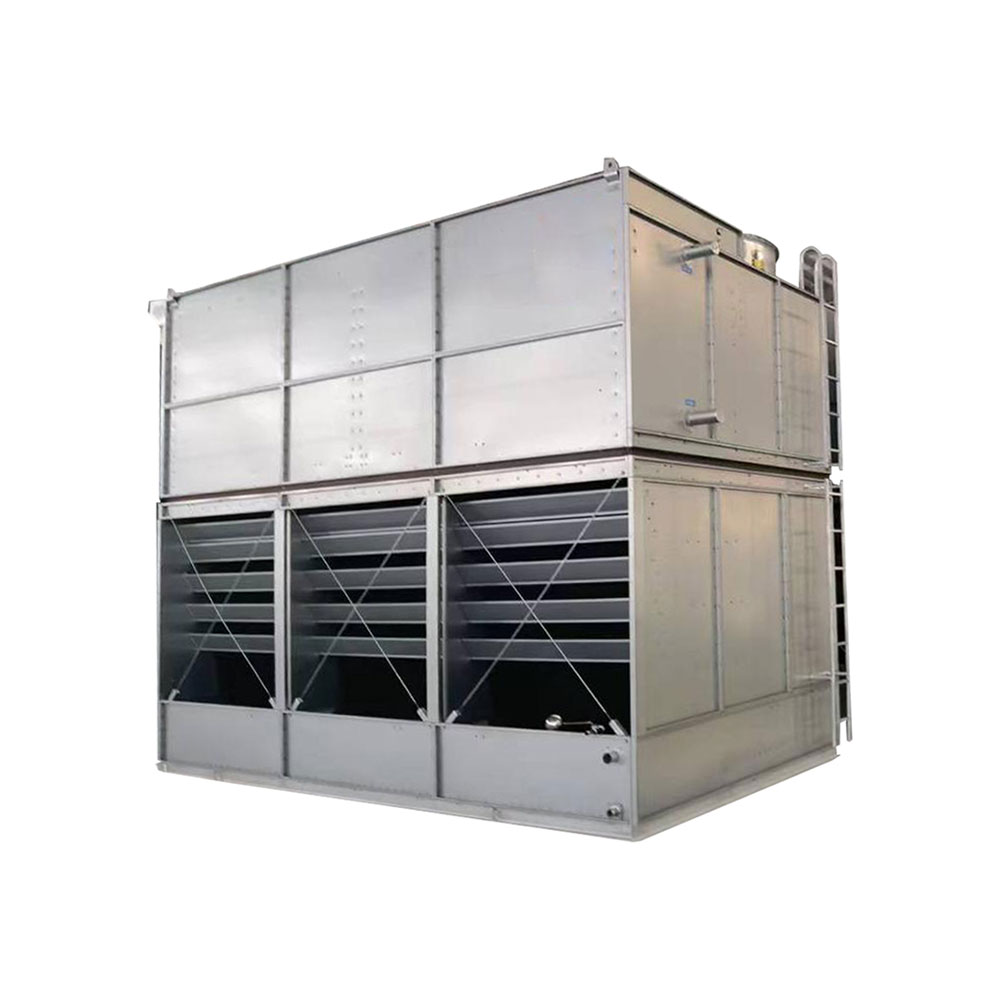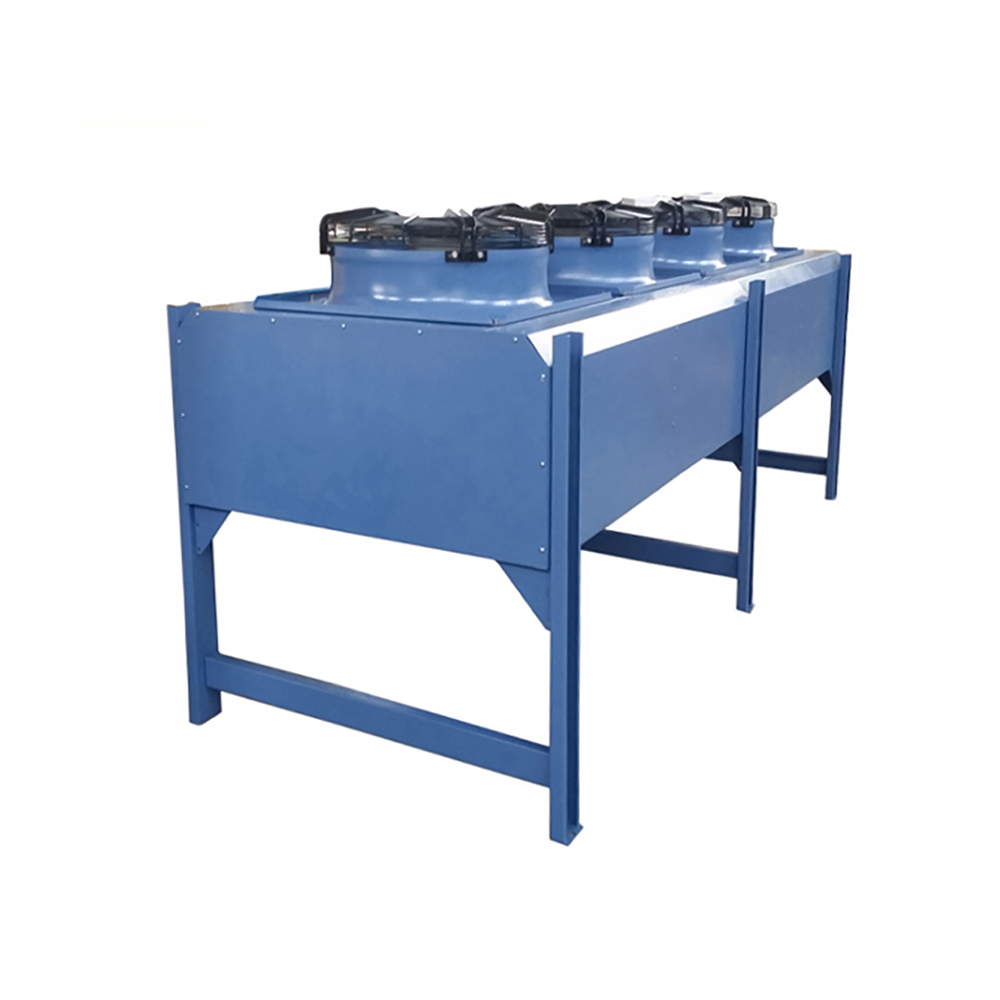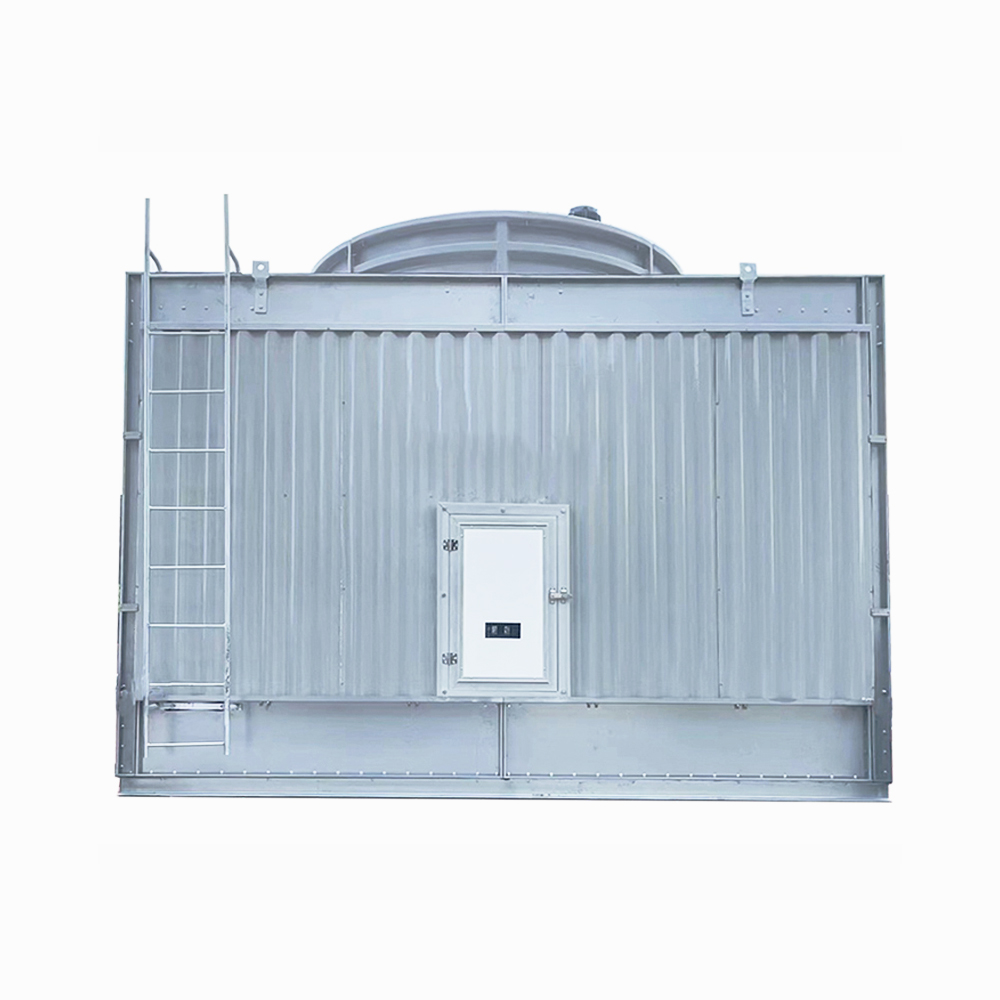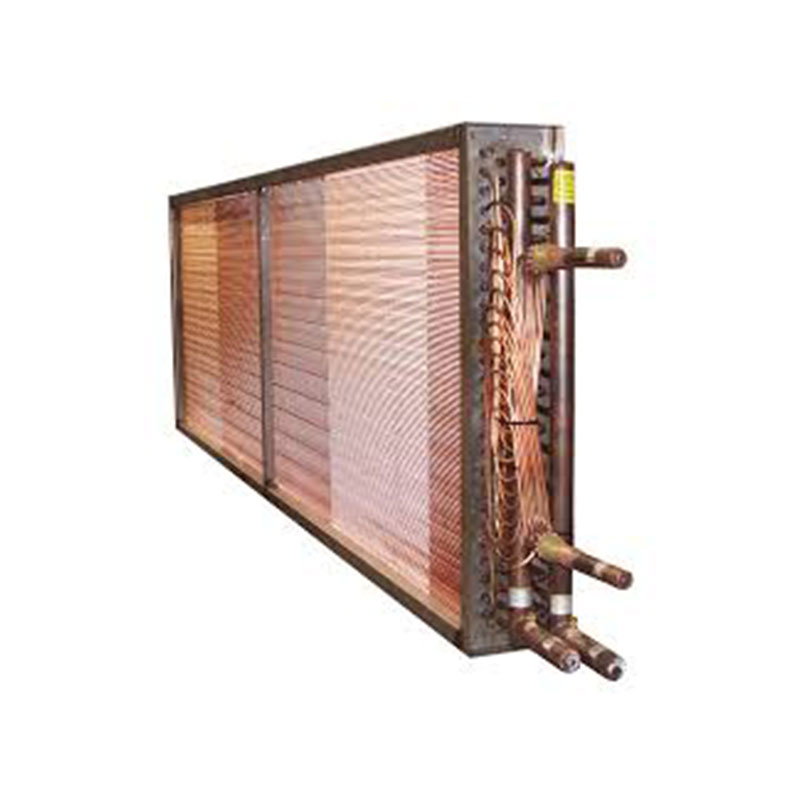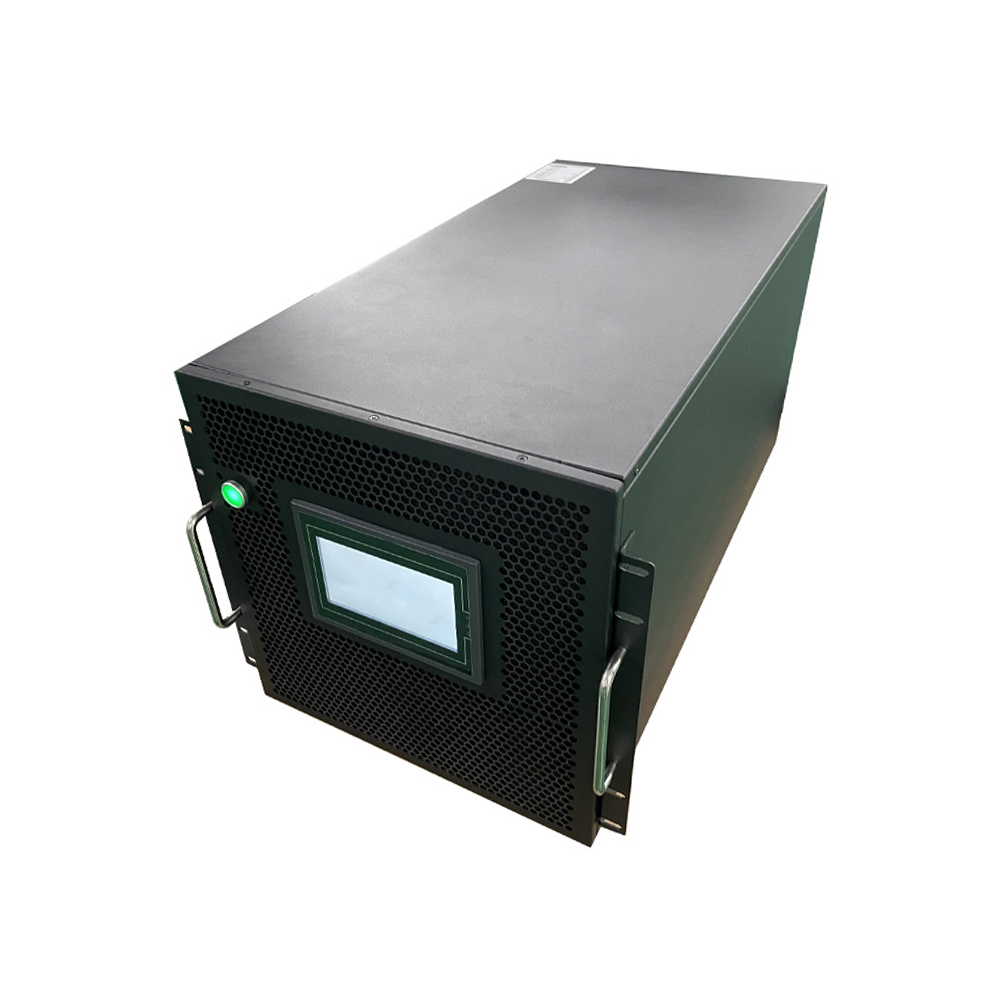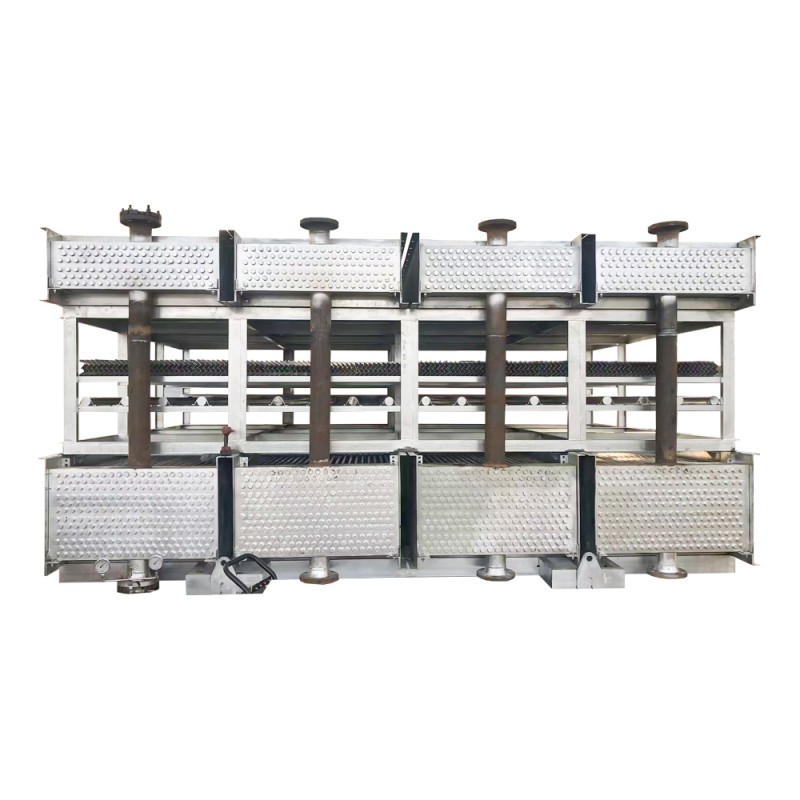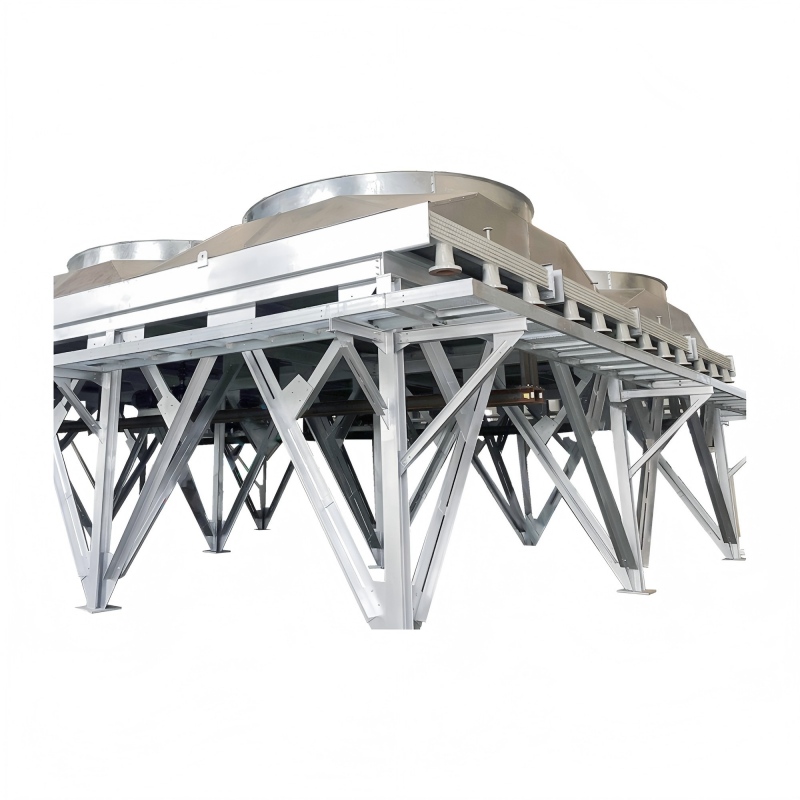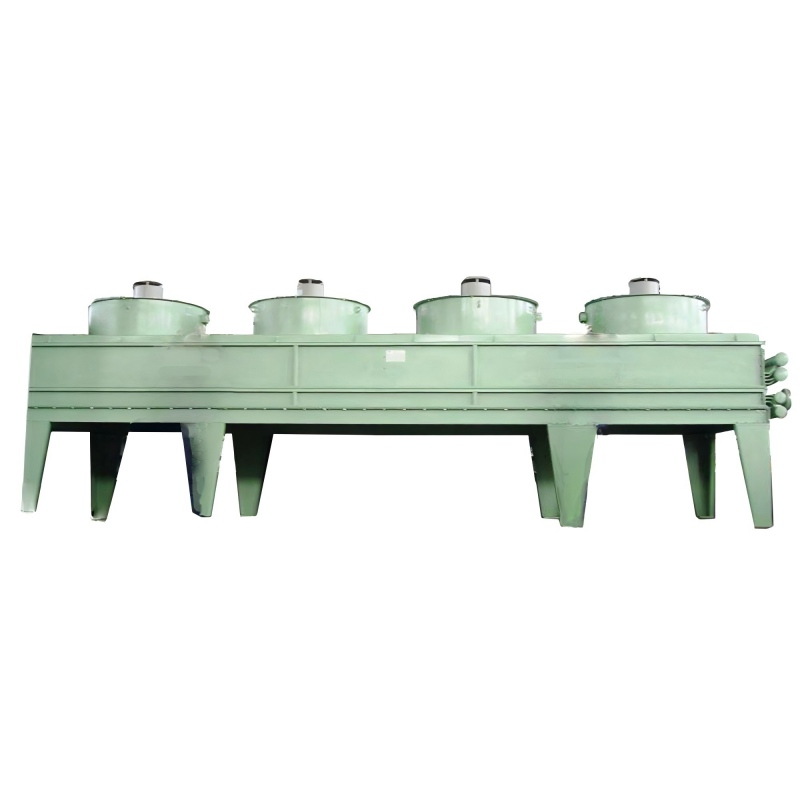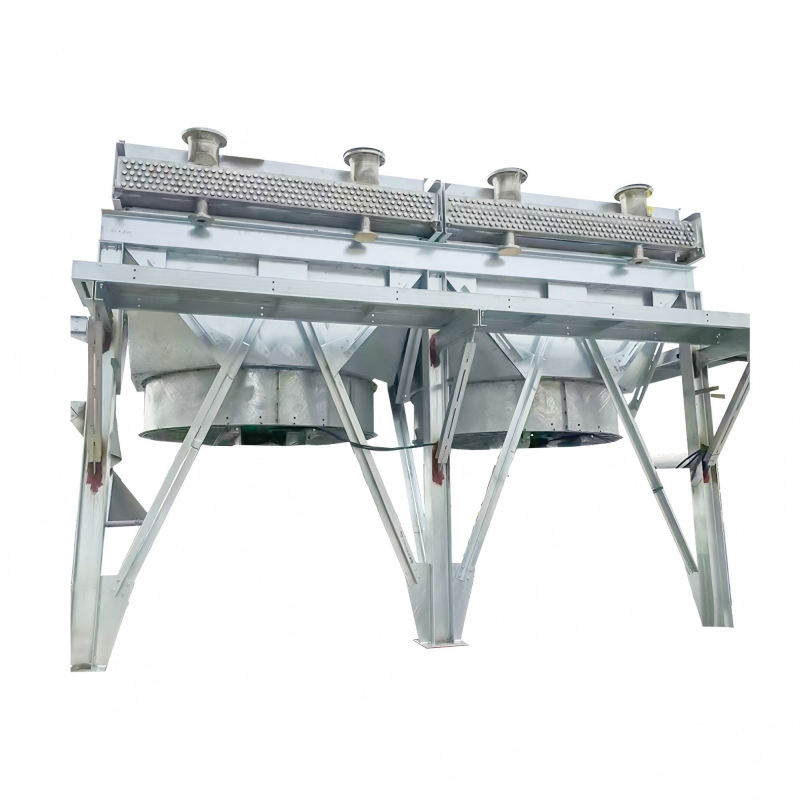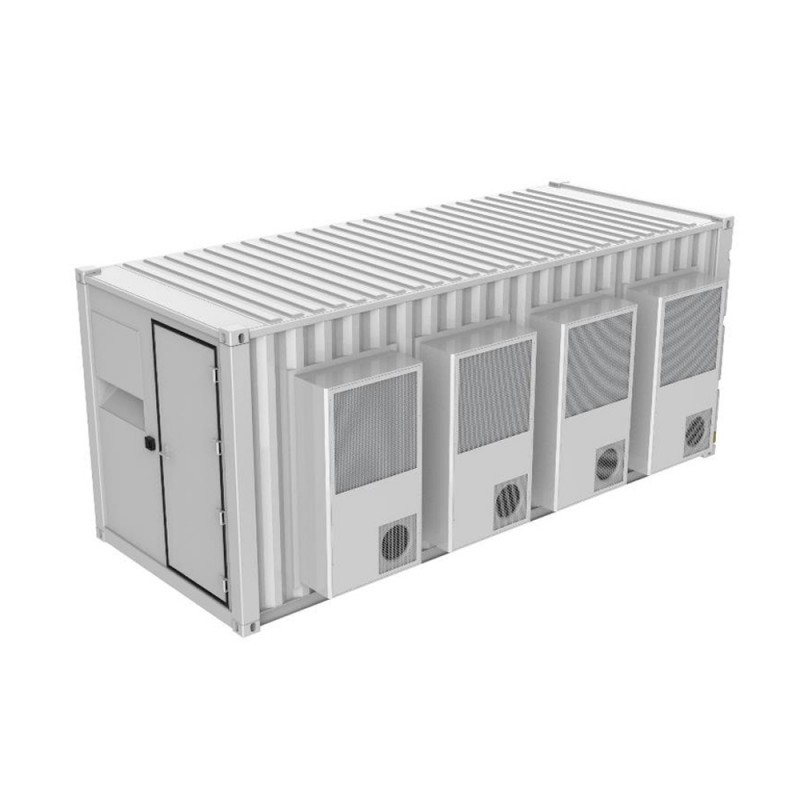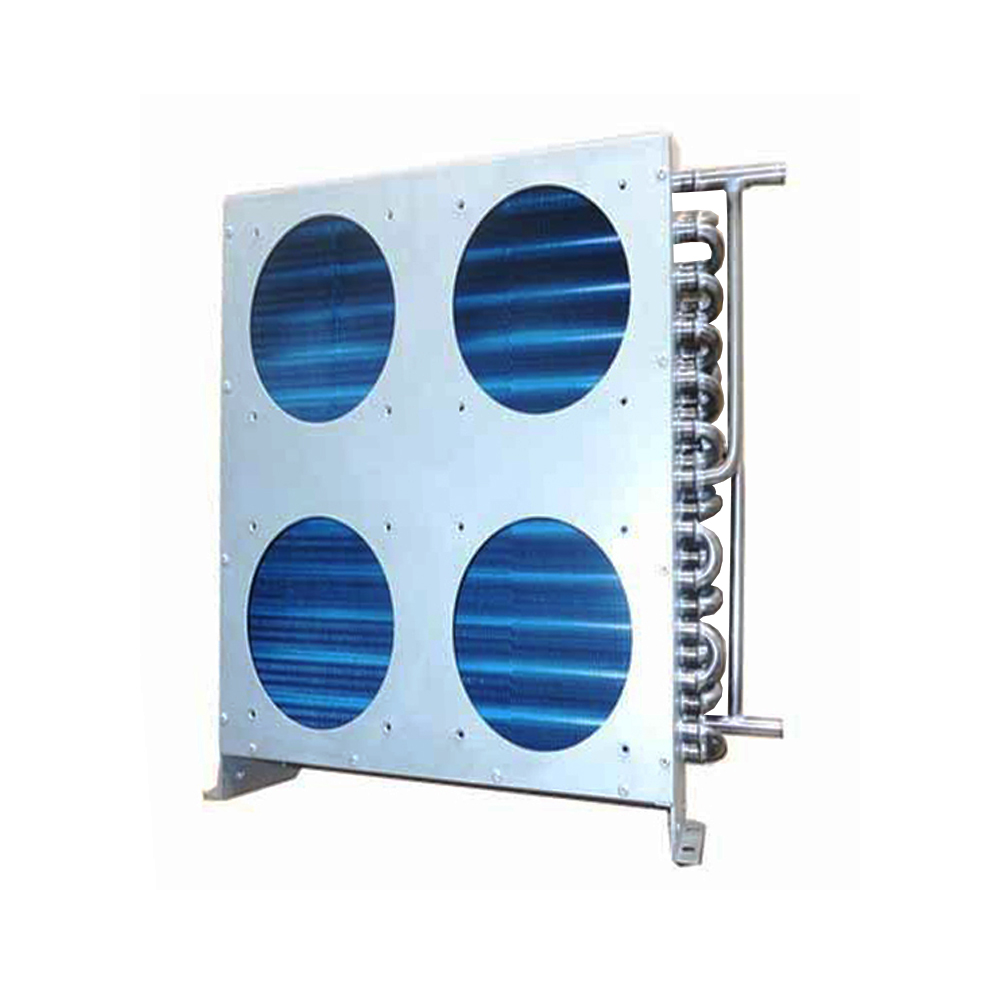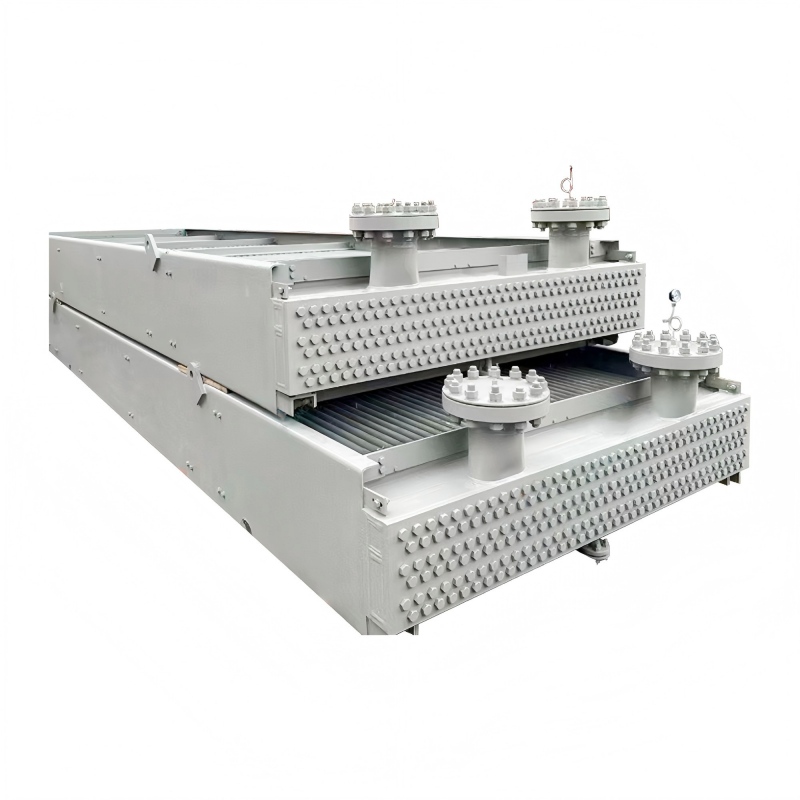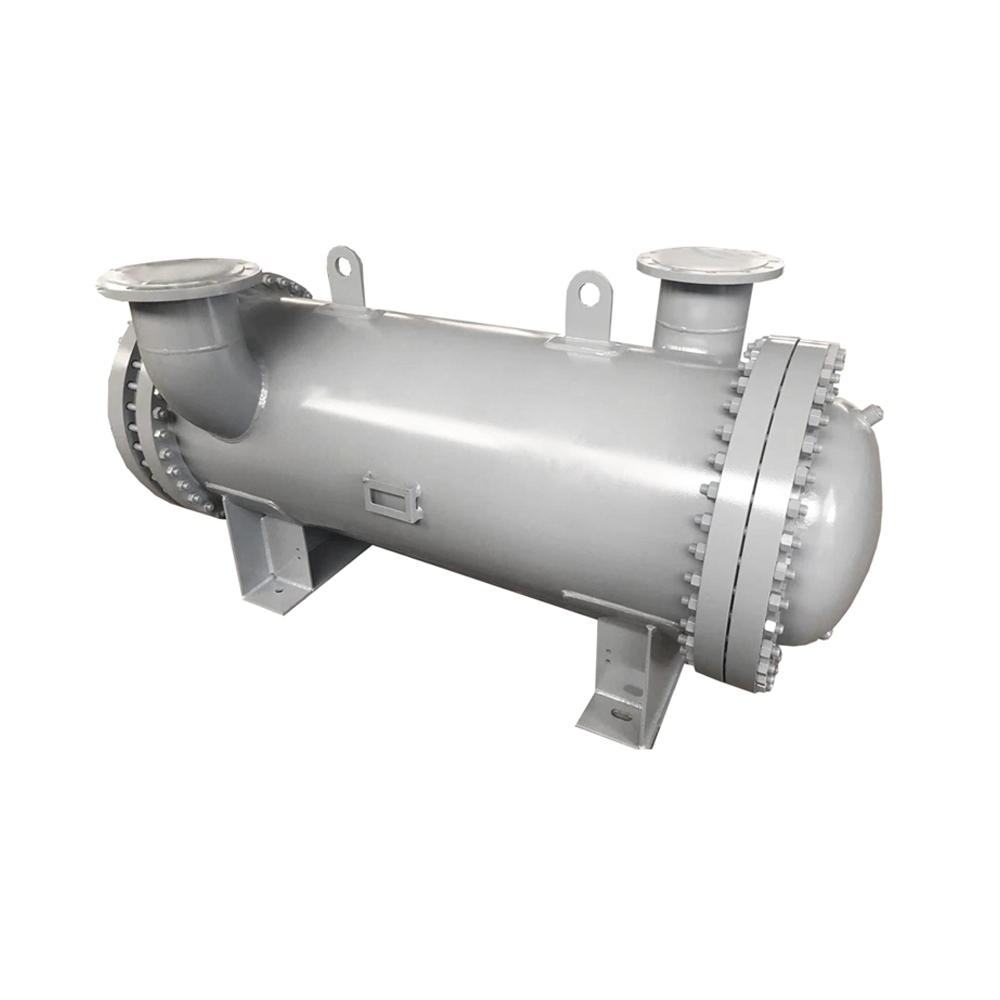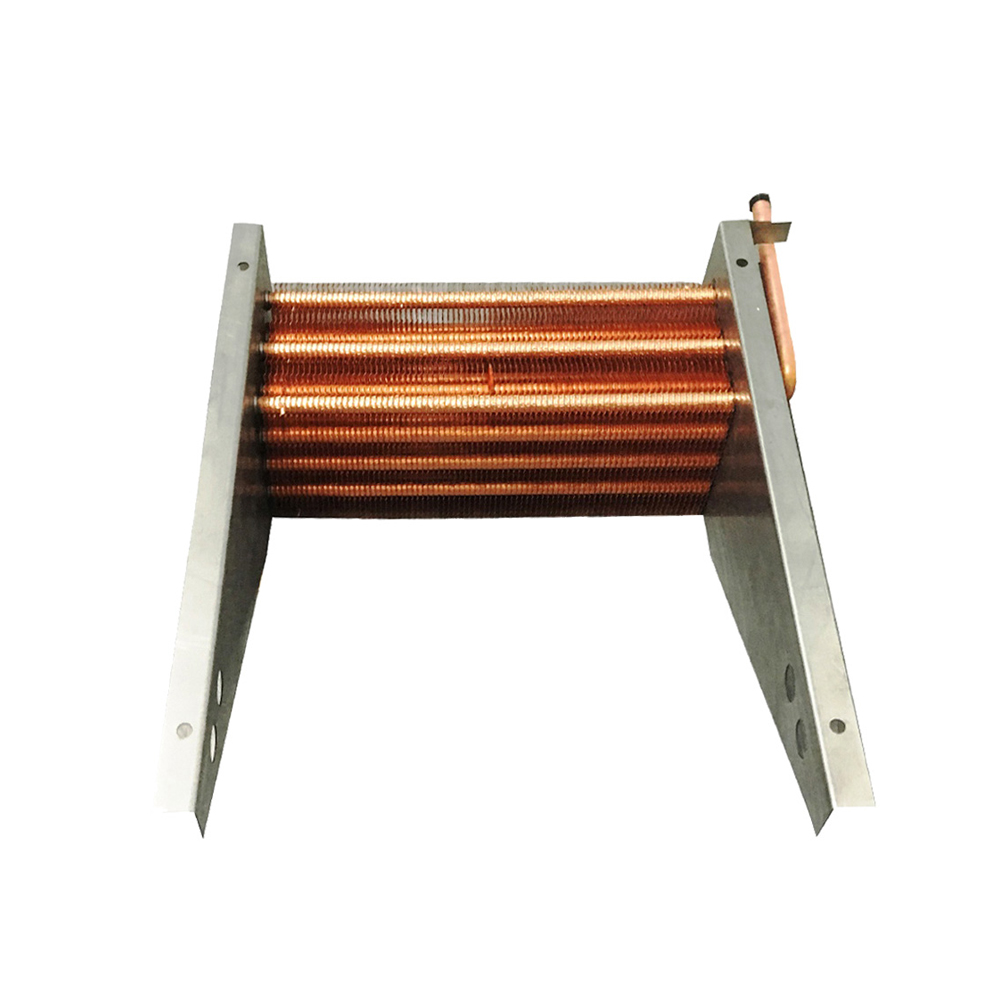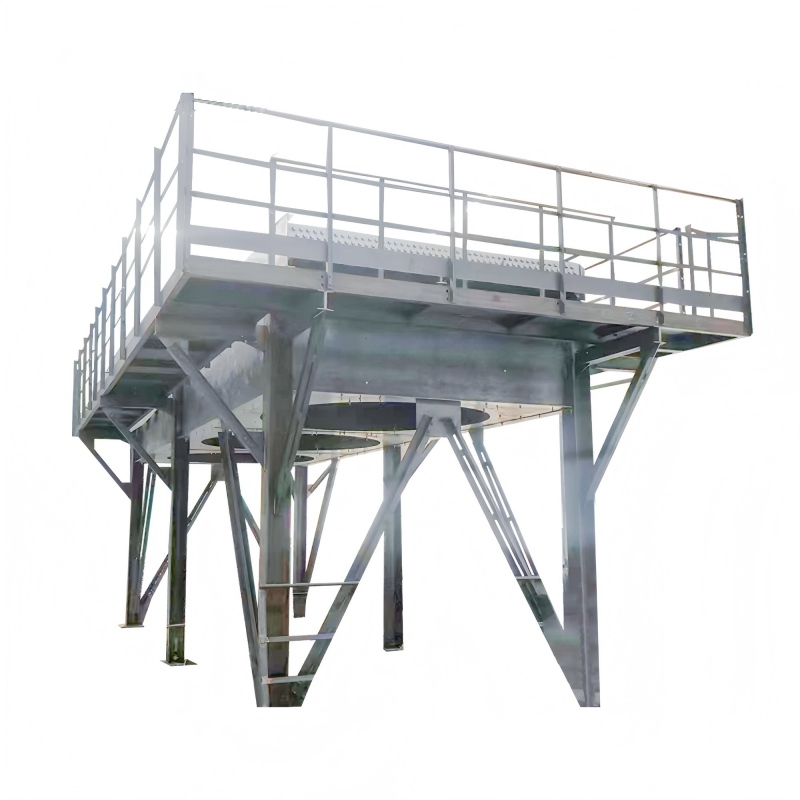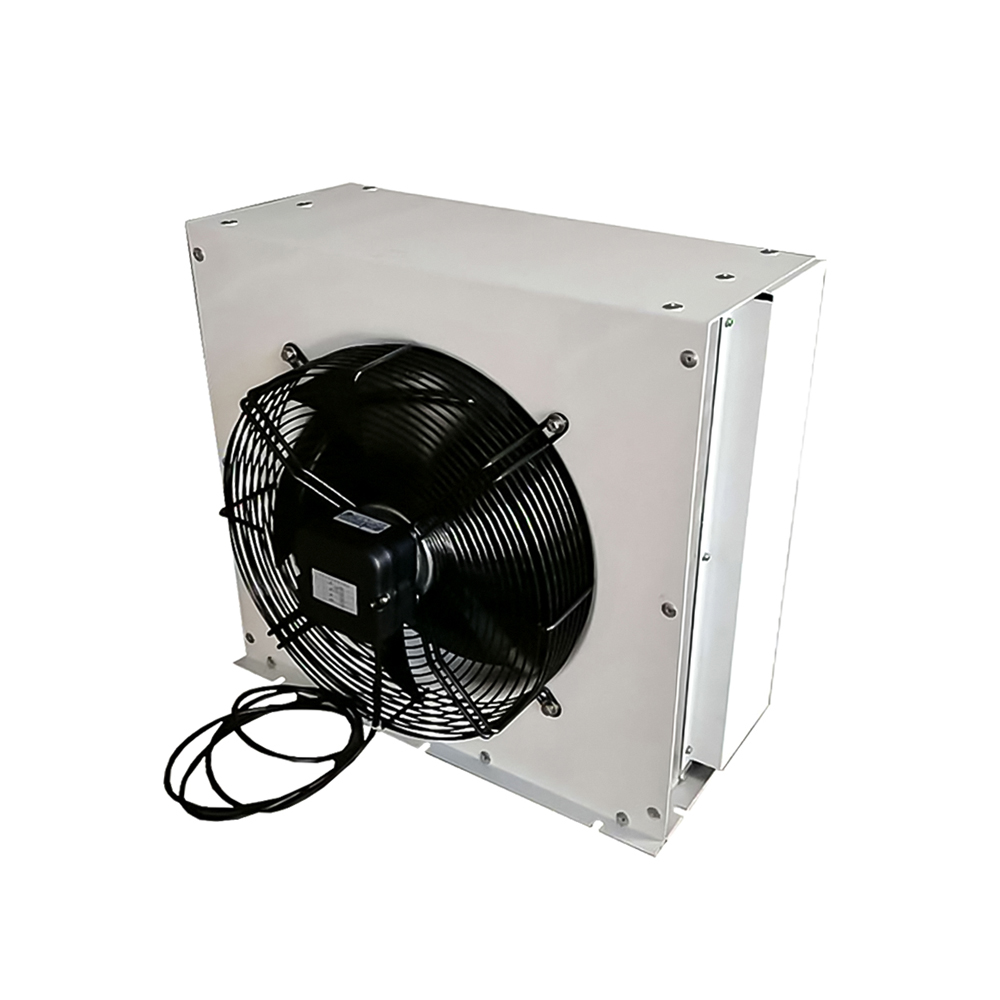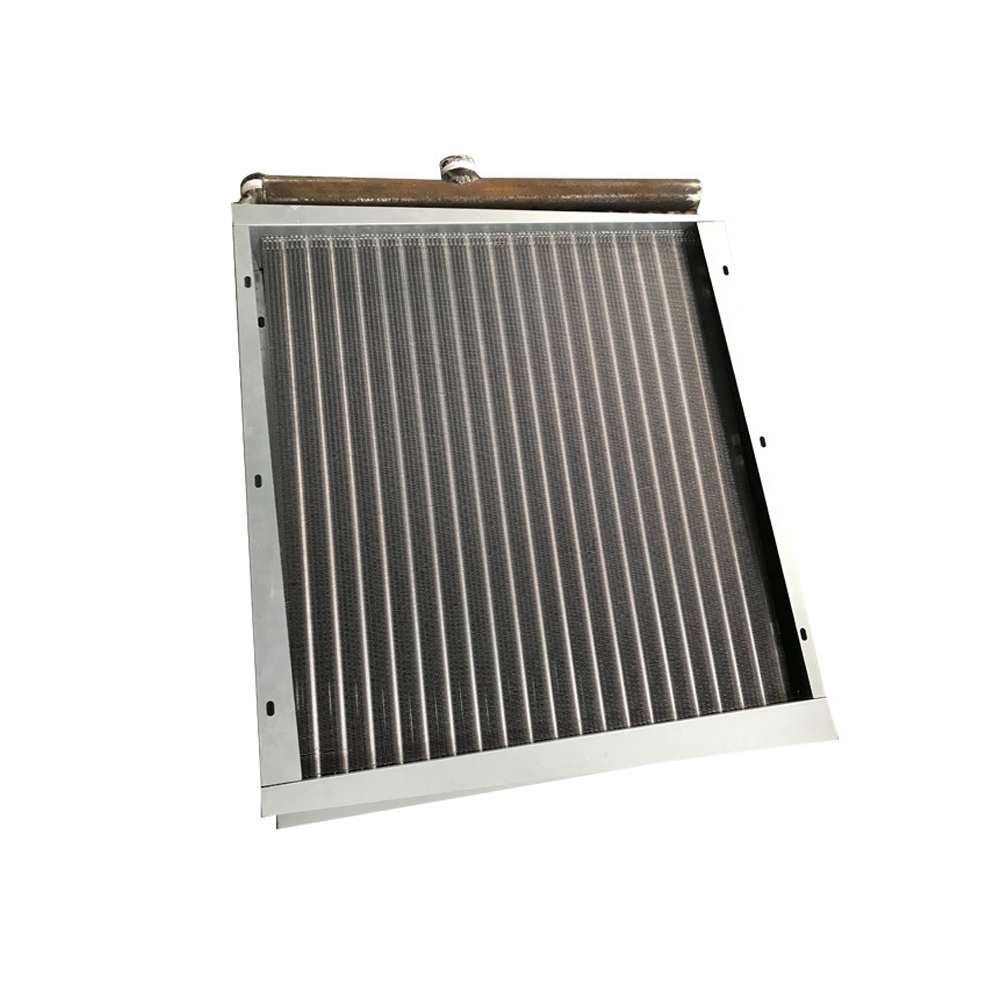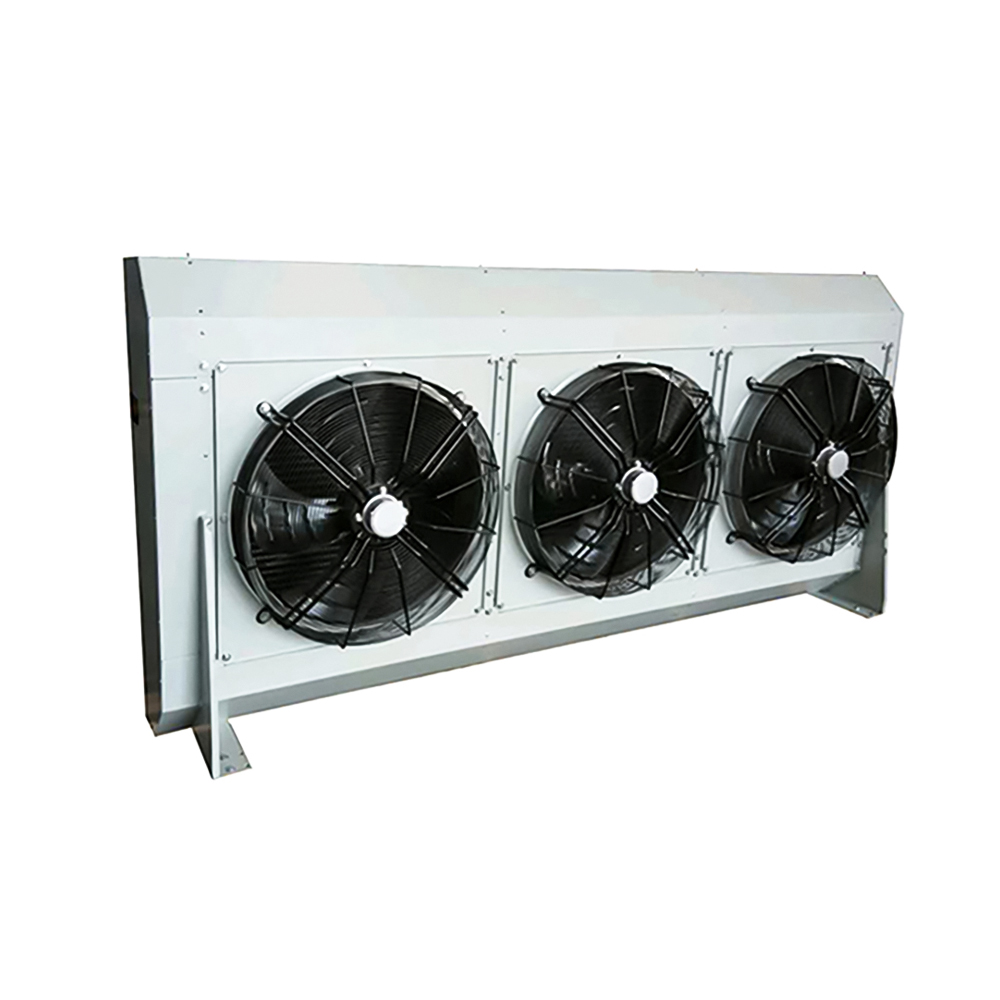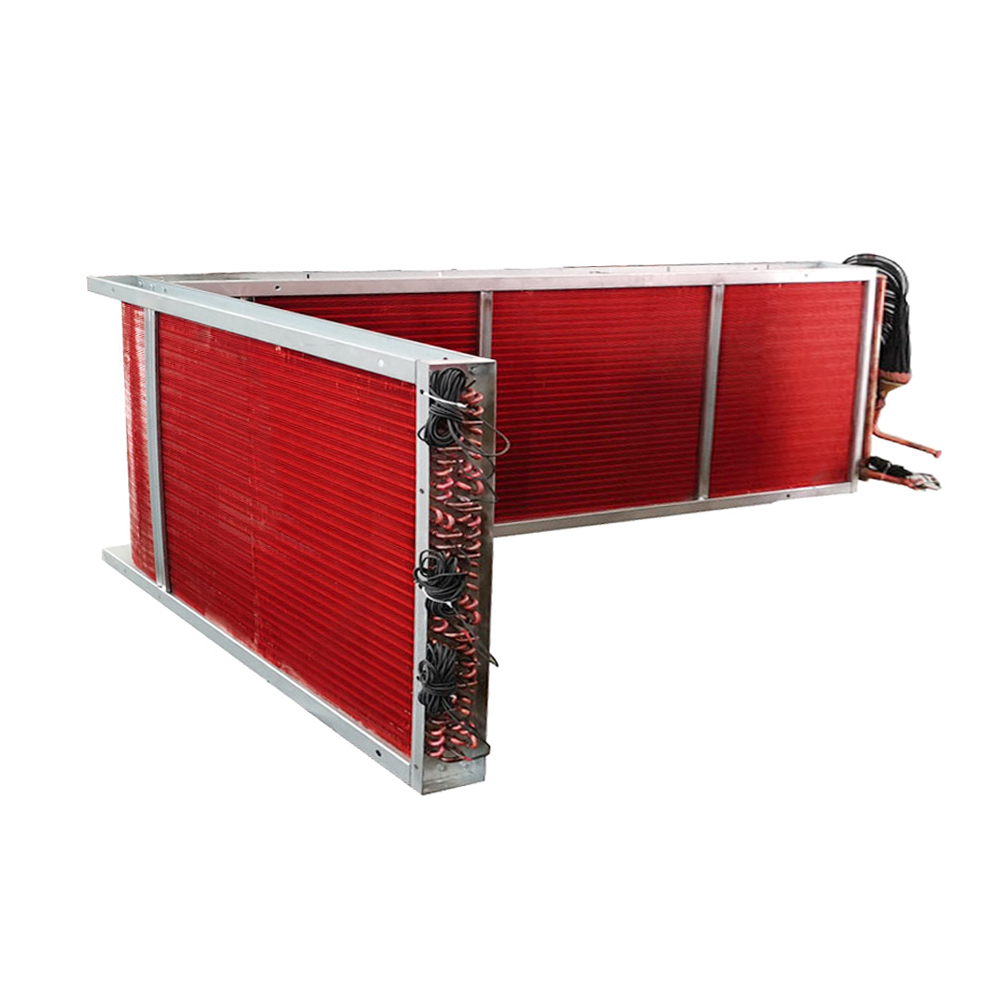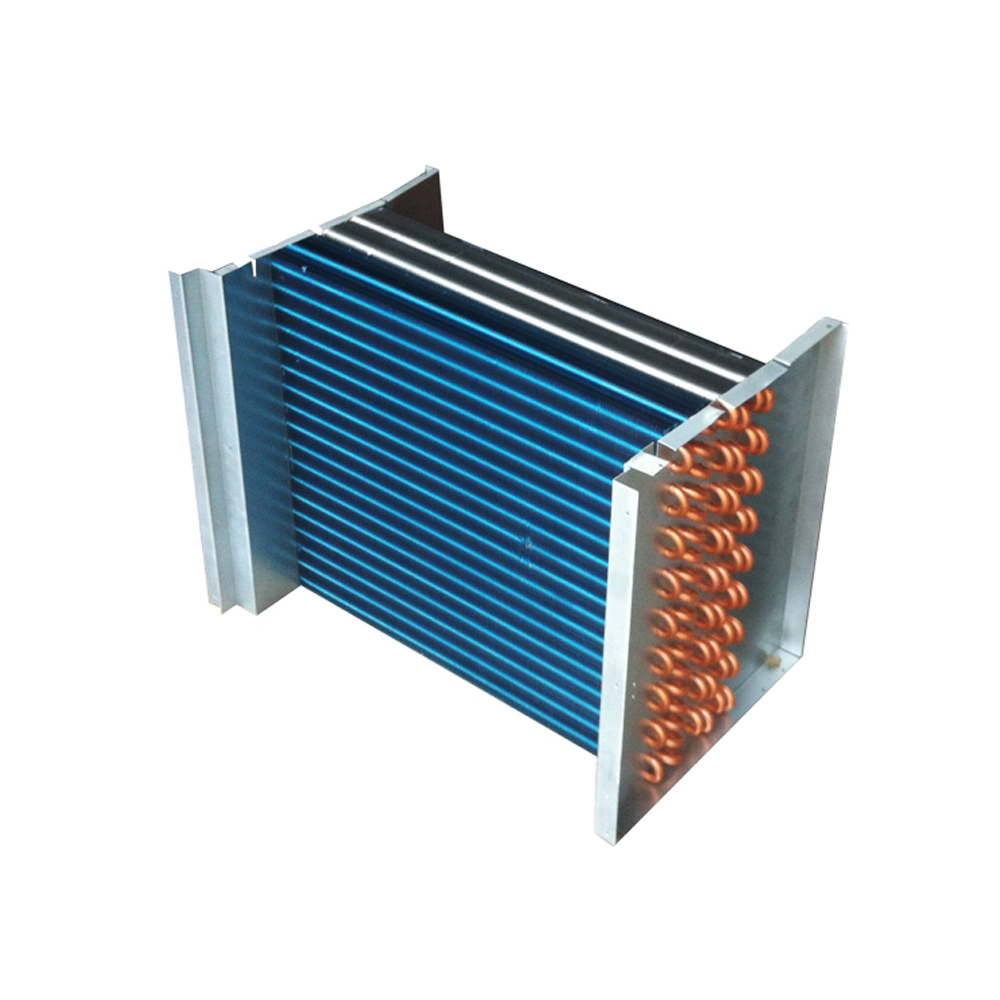Selecting the ideal packaged air conditioning unit can significantly impact your comfort, energy bills, and overall satisfaction. This comprehensive guide will walk you through the essential factors to consider, helping you make an informed decision that meets your specific needs and budget. We'll delve into different unit types, capacity calculations, energy efficiency ratings, installation considerations, and maintenance tips to ensure you stay cool and comfortable for years to come.
Understanding Packaged Air Conditioning Units
Packaged air conditioning units are self-contained systems that combine the evaporator, condenser, and other components into a single unit, typically located outside. This contrasts with split systems, which have separate indoor and outdoor units. Packaged units are a popular choice for various applications, offering convenience and streamlined installation. They are frequently used in commercial settings like small offices, retail spaces, and restaurants, and increasingly in residential applications like larger homes or additions. Understanding the different types is the first step towards selecting the perfect system for your needs.
Types of Packaged Air Conditioning Units
Several types of packaged air conditioning units exist, each with its own set of advantages and disadvantages. Common types include:
- Rooftop units: These are designed for installation on a building's roof and are commonly used in commercial applications.
- Through-the-wall units: These units are installed through an exterior wall, offering a compact solution for smaller spaces.
- Self-contained units: These units house all the components within a single cabinet and are versatile in terms of placement.
Factors to Consider When Choosing a Packaged Air Conditioning Unit
Choosing the right unit requires careful consideration of several key factors:
Capacity (BTU/hr)
The cooling capacity, measured in British Thermal Units per hour (BTU/hr), is crucial. An undersized unit will struggle to cool the space effectively, while an oversized unit will cycle on and off frequently, leading to poor dehumidification and increased energy costs. Accurate capacity calculation is paramount and often requires professional assistance. Consult with a qualified HVAC technician to determine the appropriate BTU/hr for your specific space.
Energy Efficiency (SEER Rating)
The Seasonal Energy Efficiency Ratio (SEER) rating indicates the unit's energy efficiency. Higher SEER ratings denote greater efficiency and lower operating costs. Look for units with high SEER ratings to minimize your energy consumption and environmental impact. The higher the SEER rating, the more efficient and energy-saving the unit is. You should consider the long term impact this has on your energy bill.
Installation Considerations
Proper installation is vital for optimal performance and longevity. Ensure the chosen unit is compatible with your building's structure and electrical system. Hiring a qualified HVAC technician for installation is highly recommended. They can help with accurate placement, proper venting, and ensure compliance with building codes.
Maintenance
Regular maintenance, including filter changes and professional inspections, is crucial for extending the lifespan and performance of your packaged air conditioning unit. Ignoring maintenance can lead to premature failure and costly repairs. Consider the maintenance schedule and its associated costs when making your decision.
Choosing the Right Supplier
Selecting a reputable supplier is crucial for a successful project. Look for a company with a strong track record, positive customer reviews, and a wide range of products to meet your needs. Consider companies specializing in packaged air conditioning units and offering comprehensive installation and maintenance services. A thorough understanding of the supplier’s reputation is essential to ensure a reliable installation and after-sales service.
For reliable and high-quality packaged air conditioning units, consider exploring the options available at Shanghai SHENGLIN M&E Technology Co.,Ltd. Their expertise and wide selection of units can help you find the perfect solution for your needs.
Conclusion
Choosing the right packaged air conditioning unit involves careful consideration of various factors, including capacity, energy efficiency, installation, and maintenance. By understanding these key aspects and working with a reputable supplier, you can ensure a comfortable and energy-efficient environment for years to come. Remember to consult with a qualified HVAC professional for accurate assessment and installation.









